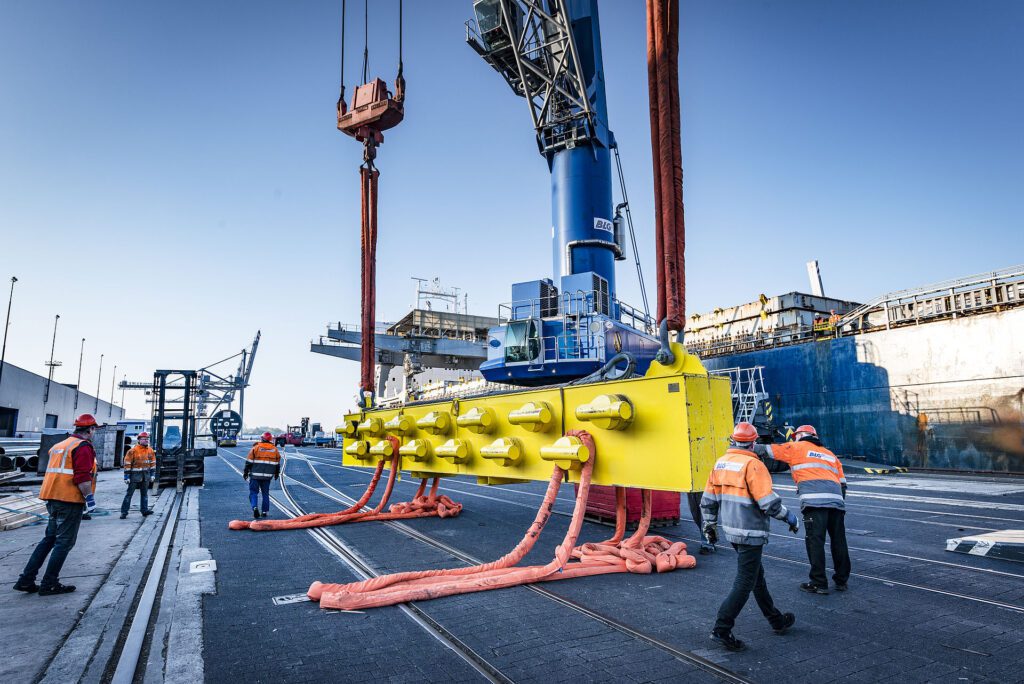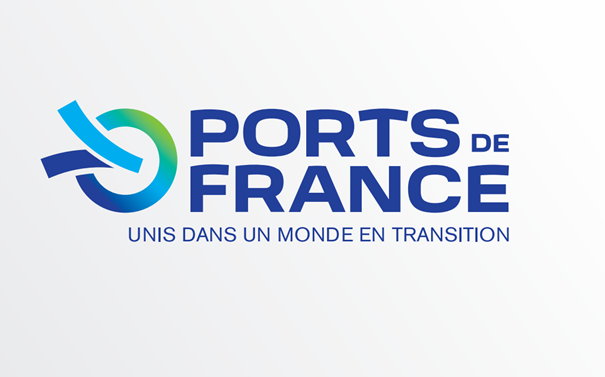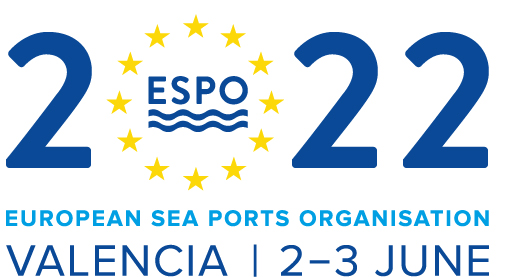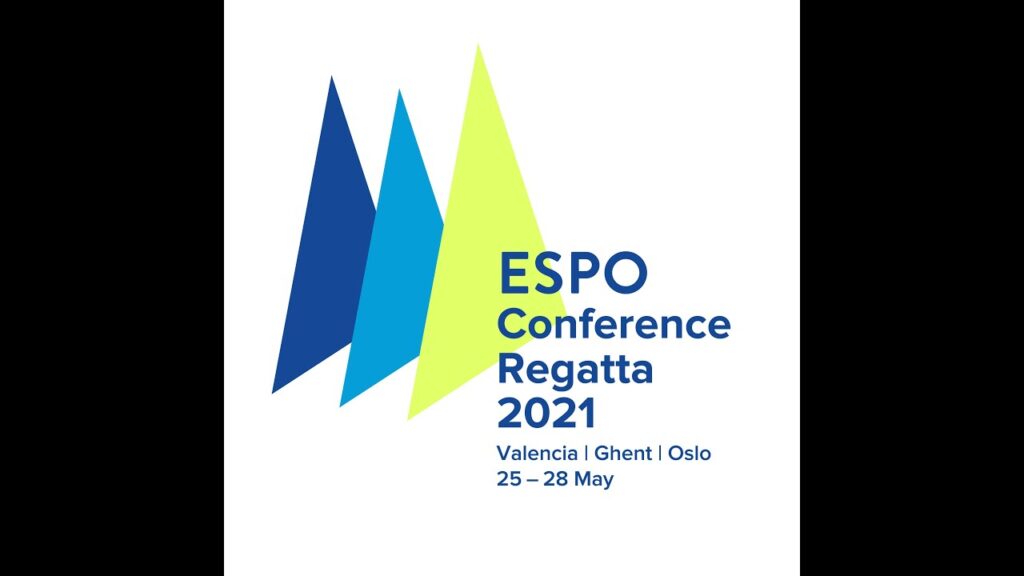The different crises Europe has been facing over the last few years are turning our economy and society upside down, without precedent. On top of the climate crisis, the new geopolitical context triggered by the Russian invasion in Ukraine, the connected energy crisis as well as the inflation and the crunch on the labor market are major headwinds, which directly affect Europe’s ports. Being at the crossroads of supply chains, hubs of energy, cluster of industries and nodes of connectivity and cohesion, ports in Europe are in the middle of this turbulent economic, energy and geopolitical landscape. It is not anymore just the economy, it is energy that rules the waves.
Whereas the way forward might differ from port to port, all ports in Europe want to contribute and be a partner in building a sustainable, resilient and competitive net-zero future for Europe.
But how to plan and prepare for the future when the tectonic plates are moving constantly? Seneca said: “If one does not know to which port one is sailing, no wind is favorable”. So, it is time to sit together and try to define the story of the future.
On day one of the conference, we will start with an economic and energy outlook, and will discuss the impact of all these game changers on supply chains and port operations. What will be the impact of the green transition on cargo flows? How will the energy and net zero industry impact Europe’s ports? Are the US IRA and the EU’s Green Deal Industrial plan reshaping the global trade? Are we heading towards a geopolitisation of trade? Is the outlook different for different parts of Europe?
Having broadened our lens during the morning of the first day, our ESPO Pop Up Port Academy in the afternoon of day one will seek answers on three concrete questions: How can ports plan for the future in an ever-changing world? Who will be “fueling” the future ports? What is the role of ports in fueling the future? Since tackling these never seen challenges imply important investments in ports, we will also be discussing the different funding possibilities in the afternoon of day one.
On day two of the conference, we kick off with a debate about cooperation. Is the green transition bringing players closer or dividing them?
Our eye opener session will look at the specific case of the energy islands, whose ports are getting a new role.
As always, in the final part of our conference we will be talking politics. How to keep pace with the numerous legislative packages and measures Europe is preparing to face these crises (Fit for 55, REPower EU, the Green Deal Industrial Plan). How do policy makers see ports evolving and what can Europe do for its ports?
Different keynotes on where Europe and its Transport Networks stand will be followed by a final big debate with top EU decision makers.



